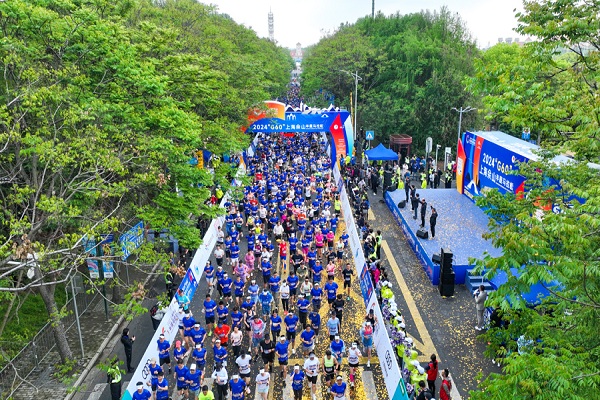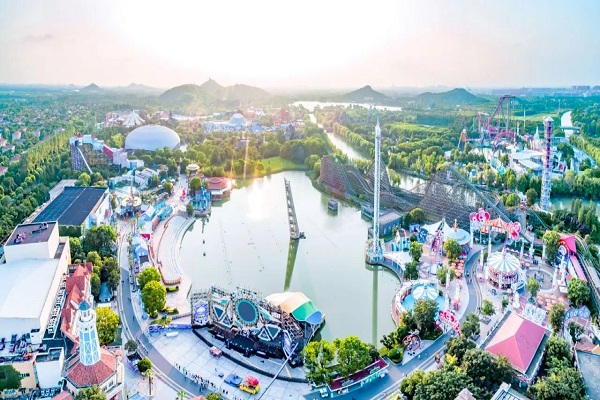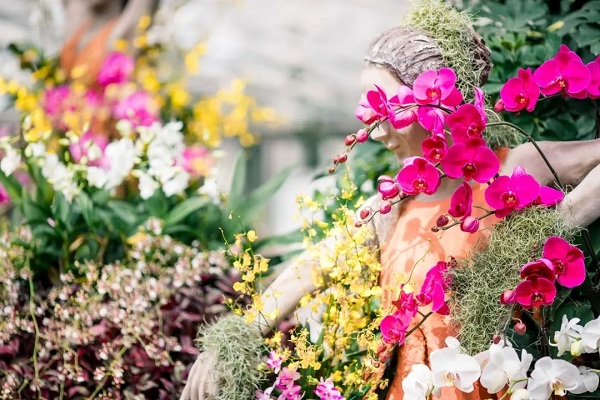East Sheshan Mountain Park is in East Sheshan Mountain, 72.4 meters above sea level. Its mountainous area is 850mu. It has a northern peak and a southern peak.
The bamboo groves in the park create a tranquil and pleasant environment. According to historical records, in the 59th year of Emperor Kangxi's reign in the Qing Dynasty (1720), Emperor Kangxi came to Songjiang during his southern tour.
It coincided with the season when the bamboo roots in Sheshan broke ground, so the incumbent Viceroy of Jiangnan (southern region of the Yangtze River) Zhang Yunyi and the officials in Songjun received Emperor Kangxi with bamboo roots from Sheshan.
When eating it, Kangxi smelt a faint scent of orchid from the bamboo roots. Amazed by the special fragrance from them, he wrote three Chinese characters on the spot "Lan Sun Shan" (literally "Orchid Bamboo Root Mountain" which is the nickname of Sheshan Mountain).
After he came back to Beijing, he ordered the persons in the imperial palace to make a plaque and then ordered Su Cheng, a councilor of Hangzhou Textile Bureau, and Naertai, a cashier of Suzhou Textile Bureau as two imperial envoys to leave Beijing while playing Zhao Se, a musical instrument and carry the plaque to Sheshan. A grand plaque hanging ceremony was held in Xuanmiao Temple of East She Mountain on March 11 that year. Hence, Sheshan is also known as "Lansun Mountain".
This scenic spot is famous for bamboos and tranquility. From Sept 20, 2008 on, it is freely open to the public. The main attractions are its South Gate, Meigong Fishing Rock, a 368-step mountain footpath, Baishishan Pavilion, bamboo grove plank road, Forest Café, Landscape Teahouse, Qianlong ancient path, Buddha Spring, Wooden Knocker Rock and Dryland Sleighs.


